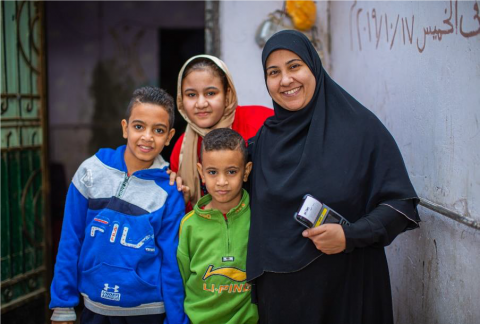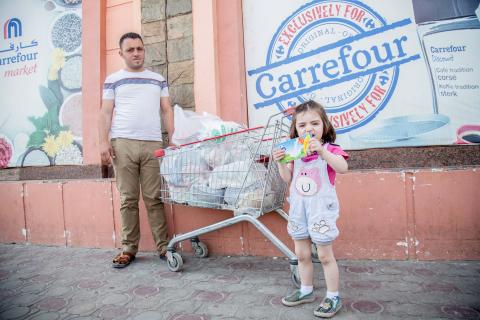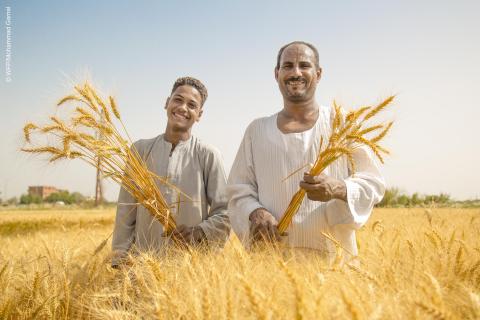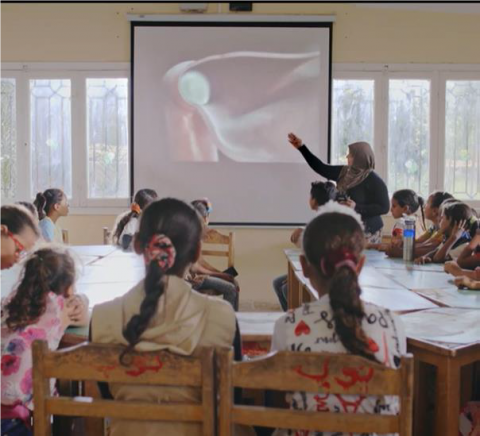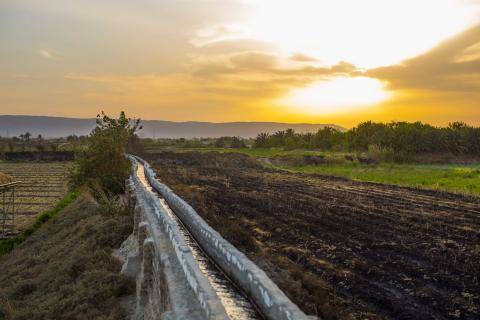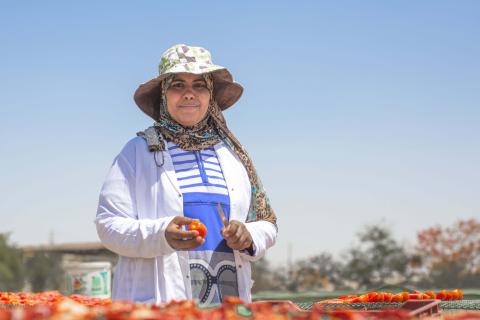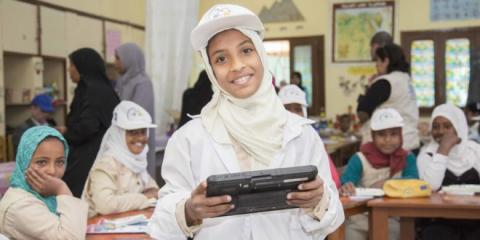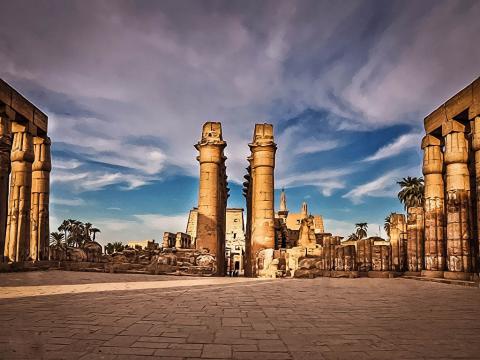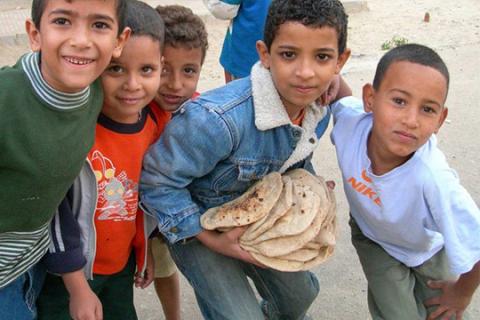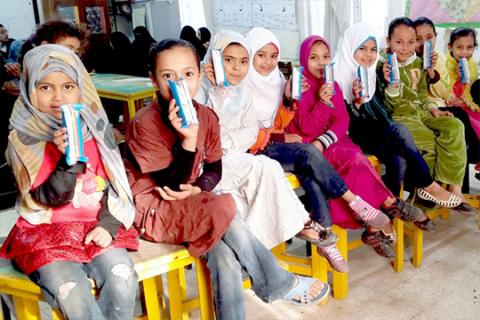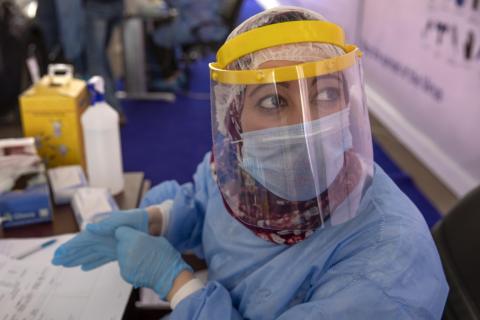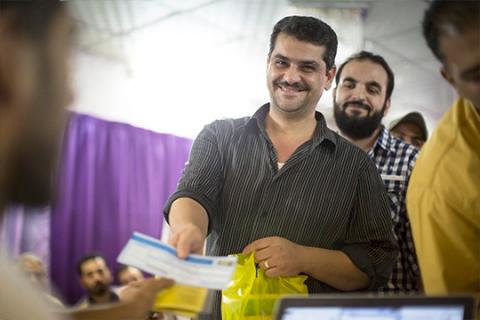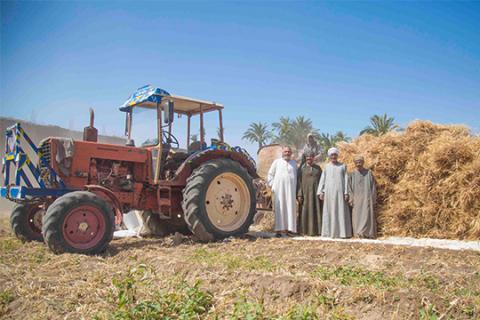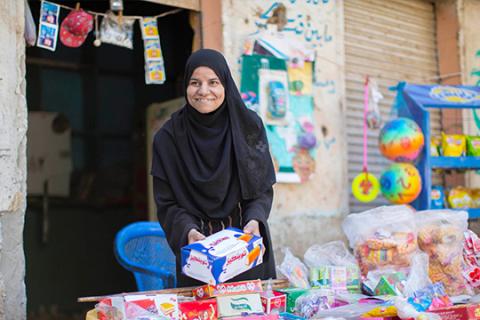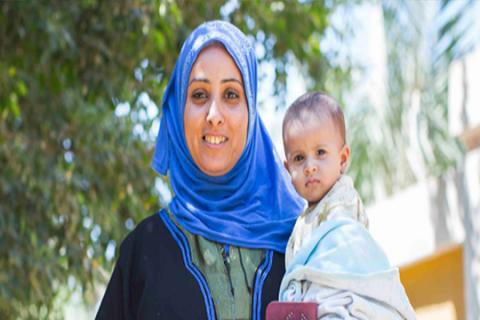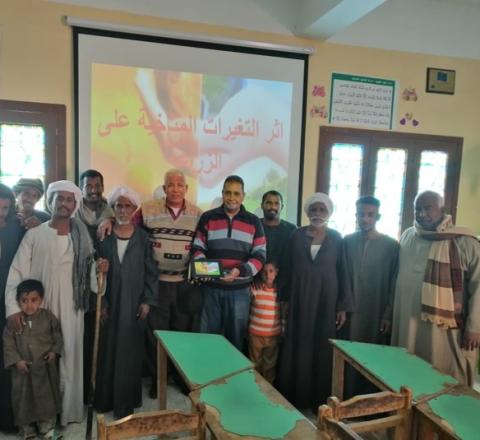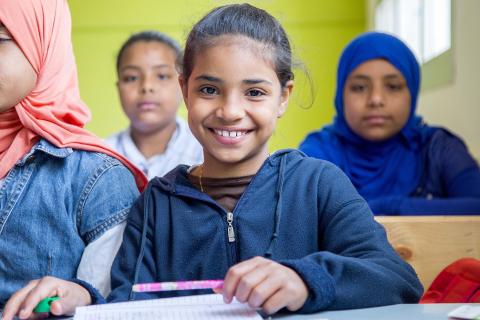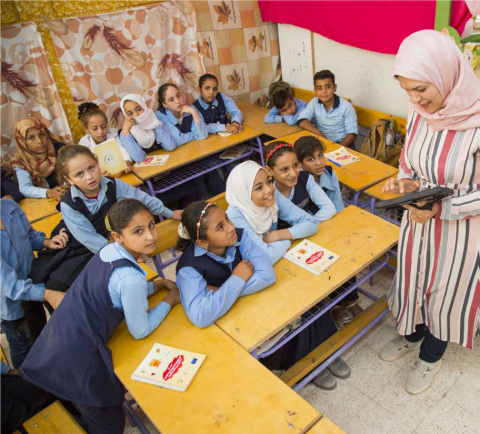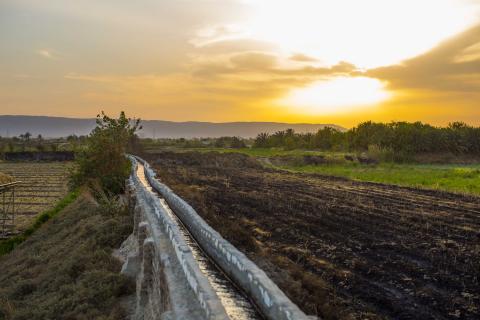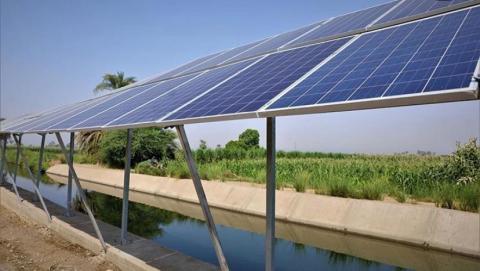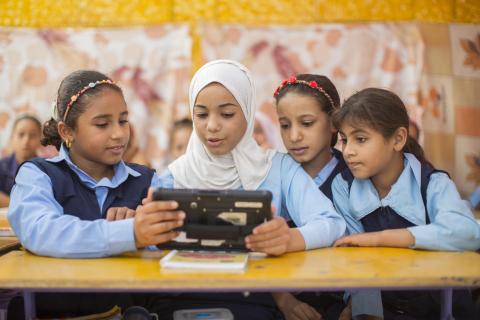Background
Egypt is embarking on an ambitious plan to transform the country through accelerated inclusive, integrated development. The Government's commitment to ensure that every Egyptian has access to opportunities and a decent life is anchored on its Constitution of 2014.
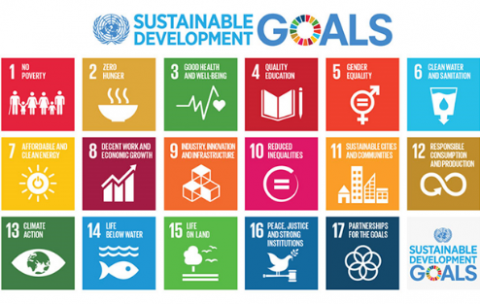
To deliver on its commitment, the Government developed the Sustainable Development Strategy (SDS): Egypt Vision 2030, which is strongly aligned with the globally agreed SDGs as with the Africa Agenda 2063. It sets out comprehensive national priorities that encompass the economic, social and environmental dimensions of sustainable development.
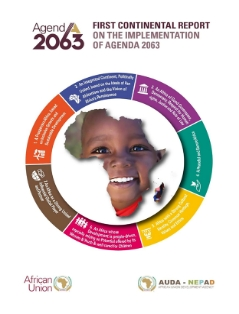
Focusing on the following activities:
- Increase access to knowledge and information using new technological tools
- Finance value chains
- Promote green economy
- Increase access to knowledge and information using new technological tools
- Design social protection and livelihood support
- Promote women's empowerment and youth employment
CORE AREAS OF CONTRIBUTION TO NATIONAL DEVELOPMENT PLANS
SOCIAL PROTECTION
The GoE is investing in national social protection programmes that aim to strengthen human capital, provide access to essential services, access jobs, and protect vulnerable individuals and communities from adverse socio-economic shocks.


EMERGENCY RESPONSE
The GoE has been committed to providing emergency response services to its population, including forcibly displaced people whether internally and from around the MENA (the Middle East and North Africa) region. The GoE collaborates with the World's leading humanitarian organizations, such as WFP, UNHCR, and WHO, to provide emergency relief operations that are far-reaching and multidimensional.


RURAL TRANSFORMATION
The GoE prioritizes rural development and rural transformation as a critical thematic sector to its sustainable development strategy. Precisely, building resilience and assuring livelihood support to the marginalized majority by scaling up rural development, will translate to a more widespread and inclusive growth, steadily narrowing down the poverty gap.




HUMAN CAPITAL DEVELOPMENT
Human capital development is one of the most fundamental elements of sustainable and inclusive economic growth. It encompasses the provision of basic human needs such as education, health and nutrition. As one of the early adopters of the World Bank's Human Capital Project, Egypt has long been committed to addressing the gap in human capital outcomes.



SUSTAINABLE INFRASTRUCTURE
Sustainable infrastructure is crucial to ensuring that rural communities are resilient and self-sufficient. Building resilience for communities through sustainable infrastructure allows them to be autonomous and responsive to adverse shocks such as food and nutrition insecurity, poverty, climate and human-made shocks such as drought and land degradation respectfully.







CROSSCUTTING ISSUES
The following section comprises issues that transcend across all pillars of sustainable development. Firstly, Women empowerment and youth employment are imperative towards ensuring that growth is inclusive and sustainable. As part of Egypt's Vision 2030 national strategy, the GoE is breaking down barriers in women and youth employment by empowering the most vulnerable rural women and youth with the necessary resources and skills to improve their employability and self-reliance. Secondly, digital transformation, described as, the integration of digital technology into all business areas, has fundamentally changed how you operate and deliver value to customers.




